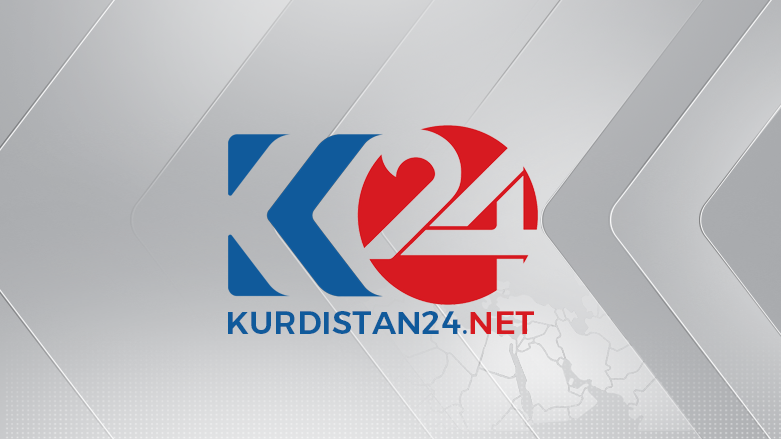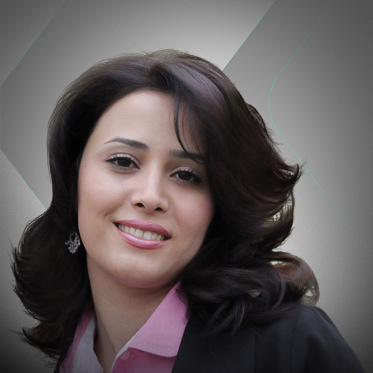Turkey’s Election after the Election, a State of Exception

Against all the odds and the predictions of the analysts and intellectuals, Recep Tayyib Erdogan’s Justice and Development Party (AKP) won back the majority they had lost in the June election.
The country that was moving forward in the early twentieth century and had aspirations to join the European Union is now moving away from progress.
The election results were unpredictable because many analysts believed that Erdogan’s strategies in creating instability would backfire. Turkish citizens, however, worried about their safety and economy and changed their minds about their June ballots and voted Erdogan back to power.
But what caused such a significant change in election results from June to November?
STATE OF EXCEPTION
Giorgio Agamben in State of Exception, talks about the post-September 11 era in America when President George W. Bush tried to produce a “situation in which the emergency becomes the rule, and the very distinction between peace and war (and between foreign and civil war) becomes impossible.”
In this case, the State of exception and emergency was what created in Turkey to scare people into submission. The message was clear. If you want stability—Erdogan pointed out repeatedly—AKP will give it to you. “I hope our nation makes its choice for stability,” Erdogan said after casting his vote.
Erdogan’s strategy was also reminiscent of Niccolo Machiavelli’s politics of fear. In The Prince, Machiavelli writes that a ruler should be feared not loved:
“For men are less concerned with hurting someone who makes himself loved than one who makes himself feared, because love is held by a link of obligation which, since men are wretched creatures, is broken every time their own interests are at stake; but fear is held by a dread of punishment which will never leave you.”
In Machiavelli’s highly demoralized perspective, humans are by nature selfish and therefore, they have to be controlled by fear, not by morals.
But Turkey’s real vote was the one cast in June when citizens were not breathing an air of terror and division.
LACK OF FREE EXPRESSION
Lack of free expression is another major reason that affected the outcome of the November election. Fair elections cannot happen in a closed environment.
The Turkish Radio and Television Corporation (TRT) has reportedly discriminated in airtime between the ruling party and other parties.
“The TRT gave 30 hours of airtime to the AK Party over the past 25 days and 29 hours to President Recep Tayyip Erdoğan,” said Ersin Ongel, a board member of a member of the Radio and Television Supreme Council (RTÜK).
On the other hand, HDP was only given 18 minutes of airtime in Turkey’s main state broadcasting corporation! The MHP was provided one hour and 10 minutes in total, comparatively.
But this is not news. Turkey has a history of persecuting journalists. In 2012, Turkey was the world’s biggest prisons for Media. Throughout the years, numerous journalists have been imprisoned in Turkey because of their work, including Mohammed Ismael Rasool of Vice News as well as the Dutch journalist Frederike Greerdink.
REVIVING POLARIZATION
What analysts underestimated was how deeply polarized Turkey is, and has been.
Even though the Ottoman Empire was ethnically and religiously diverse, the nationalism that the Turkish Republic's founder, Mustafa Kamal Ataturk introduced and fostered is driven by a lack of acceptance.
In the 1920s, Turkish became the only legal language in a country where people spoke many different languages. This policy of marginalization has roots deep in Turkish history
From an early age, Turkish nationalism with its emphasis on exclusion is engrained into the minds of the school children. Regardless of what ethnic or religious group they belong to, children have to say their pledge of allegiance every morning before class. “I am Turkish,” they have to scream at the top of their voice before entering their classrooms, and “Happy is the one who calls himself a Turk,” affirmed by Mustafa Kamal Ataturk in the early days of Republic of Turkey, continues to be a popular motto among Turks.
Within a culture where Turkish identity is not just the superior culture, but the only fully accepted culture, it is no surprise that many Turks grow up hating Kurds and other minorities. Turkish society rarely debates why these groups continue to be persecuted.
The Turkish journalist, Asli Aydintasbas, wrote in the New York Times about her generation of Turks. “Instead of questioning why Kurds weren’t allowed to speak their own language, live in their own villages or sing their own songs, we blamed the Kurdistan Workers Party, or P.K.K., which had been waging a guerrilla war against Turkey since 1984, for all of Turkey’s woes.”
Thus, through creating a sense of emergency, stimulating old wounds, and stopping freedom of speech, Erdogan intimated Turkish citizens into submission but the price the country has yet to pay for this decision may be high.
